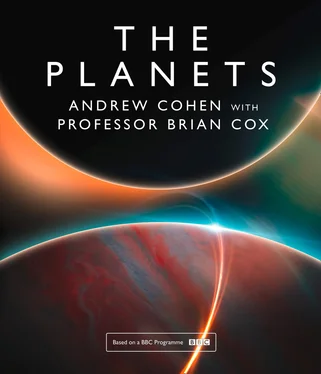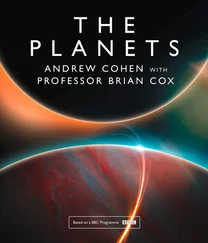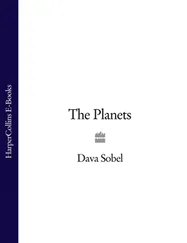Understanding why Mars and Venus diverged so significantly from Earth over the last 4 billion years will provide great insight into the fragility of worlds and perhaps suggest whether our own good fortune is near-impossible to comprehend or merely outrageous. Planets change. Ours could change at any moment. A stray comet from the frozen Kuiper Belt beyond the orbit of Neptune could put an end to our story. We could also put an end to ourselves. The study of Venus might help us avoid one of the ways by which we could destroy our civilisation, because it shows us what greenhouse gases can do to a world. I think one of the reasons why anthropogenic climate change is so difficult for a certain type of person to accept is that atmospheres seem ethereal and tenuous and incapable of trapping enough heat to modify the temperatures on a planet significantly. For such people I suggest a trip to Venus, where they will be squashed and boiled and dissolved on the surface of Earth’s twin.
The exploration of the planets, then, is not an indulgence. If we want to know how we came to be here we need to understand the histories of the planet that gave birth to us and the system that gave birth to it. We are children of Earth and also children of the Solar System. Understanding our history is important because it places our existence in context. The more we learn about the events that led to the emergence of humans on this planet only a few hundred thousand years ago, the more we are forced to marvel at the sheer unlikeliness of it all. We needed Jupiter and the comets and asteroids and countless collisions and mergers and near-catastrophes stretching back 4.6 billion years. There are valid objections to this way of thinking; it is an objective fact that we are here, and our future should be our primary concern. That may be so, but I argue that a deeper understanding of the evolution of the planets is essential for our continued prosperity and existence on this one. The threat of catastrophic climate change is an obvious example, but there are many other reasons why knowledge is important. There is feedback in human affairs; our collective state of mind affects the decisions we make. To confine our imaginations to the surface of the Earth is to ignore both our immense good fortune and the fragility of our position. A wider knowledge of both will, I believe, help secure a safer and more prosperous future.
No 1
A MOMENT IN THE SUN
ANDREW COHEN
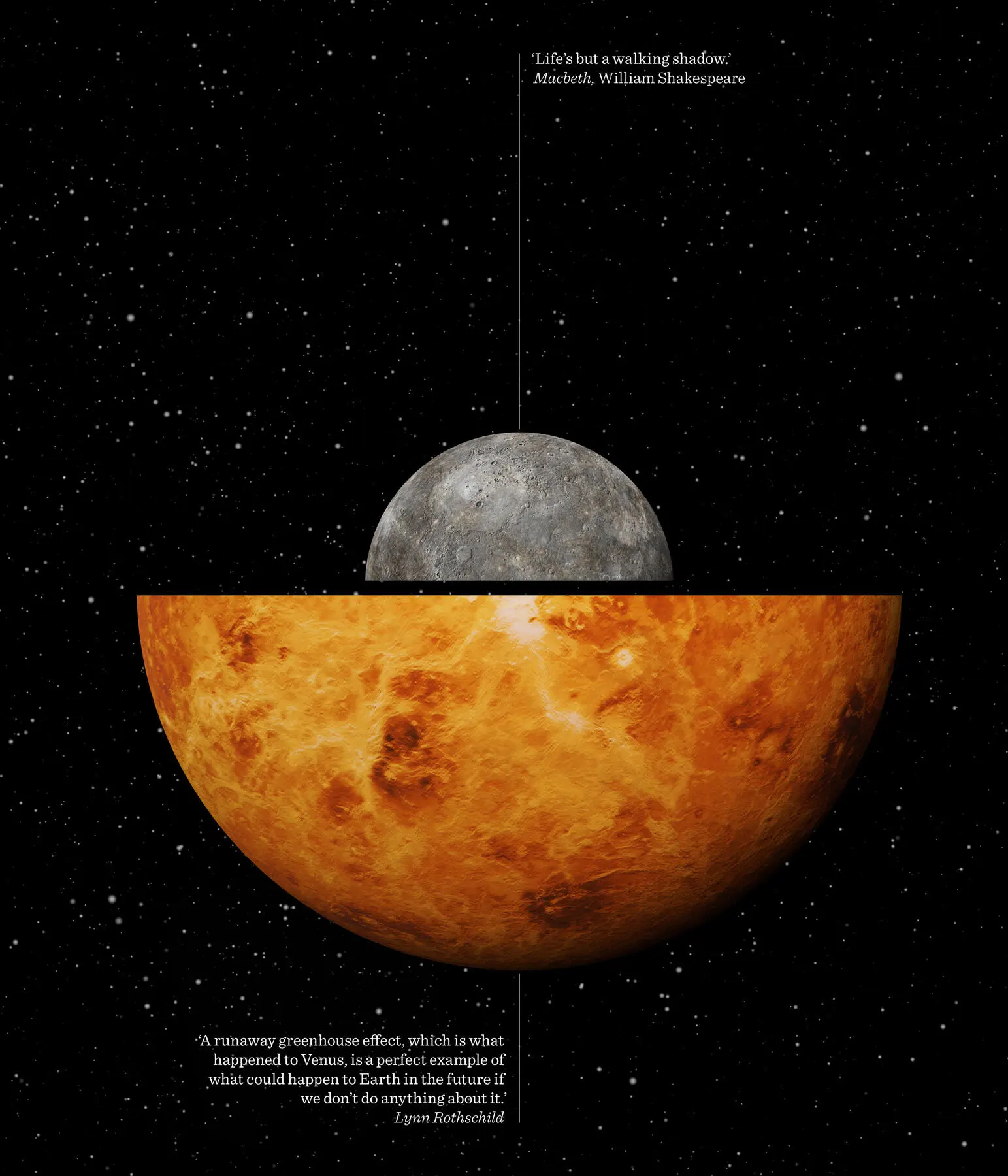
© Shutterstock
DAYS YET TO COME
E arth sits a mere 150 million kilometres from the Sun – not too hot, not too cold, with surface temperatures ranging from minus 88 to plus 58 degrees Celsius. This ‘Goldilocks’ location has created a stability of climate that, despite the best efforts of ice ages and impacts, has allowed life to maintain an unbroken chain for nearly 4 billion years, and yet we know for certain that it cannot last.
Our Sun, like every star in the universe, is far from static. Stars have life cycles of their own and, eventually, the hydrogen fuel that powers the nuclear reactions within a star will begin to run out and the star will enter the final phases of its lifetime. It will expand, cool and change colour to become a red giant. Small stars, like our sun, will undergo a relatively peaceful and beautiful death, which will see it pass through a planetary nebula phase to become a white dwarf, which will cool down over time to leave a brown dwarf. Life on Earth has prospered through our sun’s middle years, but these optimum conditions are waning. At first the changes will be invisible, but a billion years from now they will be obvious to any life forms left on the planet – an immense sun, filling the sky, will warm and transform itself and the Earth that it shines upon. The Sun is both the giver and the taker of life on our planet.
‘What has been is what will be, and what has been done is what will be done, and there is nothing new under the sun.’
Ecclesiastes 1:9
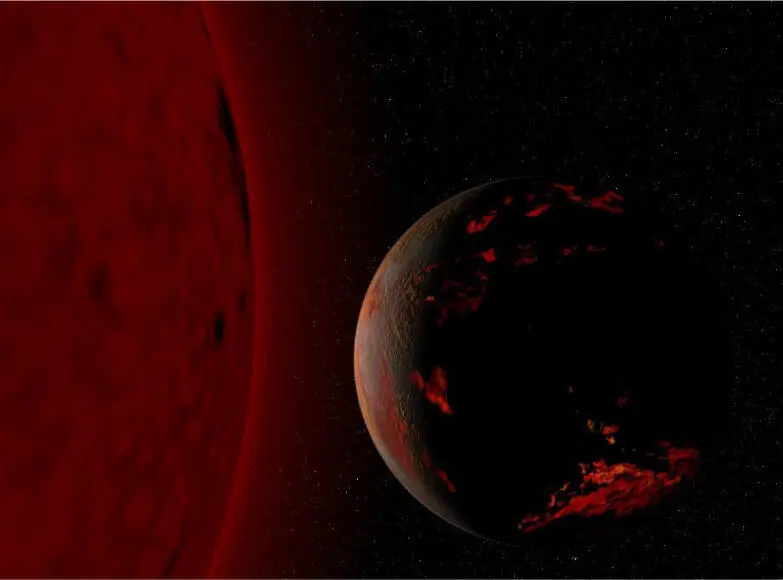
© Fsgregs Wikimedia commons
It is one of the great paradoxes of the Universe that as the life of a star like ours begins to wane, its size and luminosity will increase. A rise in luminosity of just 10 per cent will see the average surface temperature on Earth rise to 47 degrees Celsius instead of the 15 degrees Celsius that it is today. The effect of this rise in temperature manifests in a lifting of vast amounts of water vapour from the oceans into the atmosphere, creating a greenhouse effect that could quickly and rapidly run out of control, evaporating the oceans and sending the surface temperature skyrocketing. Astrobiologist David Grinspoon explains,
The greenhouse effect is the name we give to the physical process by which planets heat up through the interaction of their atmospheres and solar radiation. Solar radiation comes in what we call the visible wave lengths, primarily wave lengths that we can see, and most atmospheric gases are very transparent to visible radiation. So light from the Sun comes through pretty much unimpeded by an atmosphere and reaches the surface of a planet. Then the surface of the planet reradiates that radiation in infrared, because planets are much cooler than the Sun. And that means they radiate at much longer wave lengths – what we call infrared. That infrared radiation doesn’t make it through an atmosphere so easily. Some of the atmospheric gases, the ones we call greenhouse gases, block infrared radiation and so therefore the more of those greenhouse gases that are in a planet’s atmosphere the harder it is for that surface radiation to make it back out into space and the more that planet will heat up.
Estimates of the timescale that will see our oceans disappear vary massively, and are heavily influenced by a multitude of factors, but few are in doubt that by the time our planet reaches its 8-billionth birthday (in 3.5 billion years’ time) the end will be in sight. With temperatures heading above a thousand degrees, life will have long disappeared from a surface that is beginning to melt under the burning Sun.
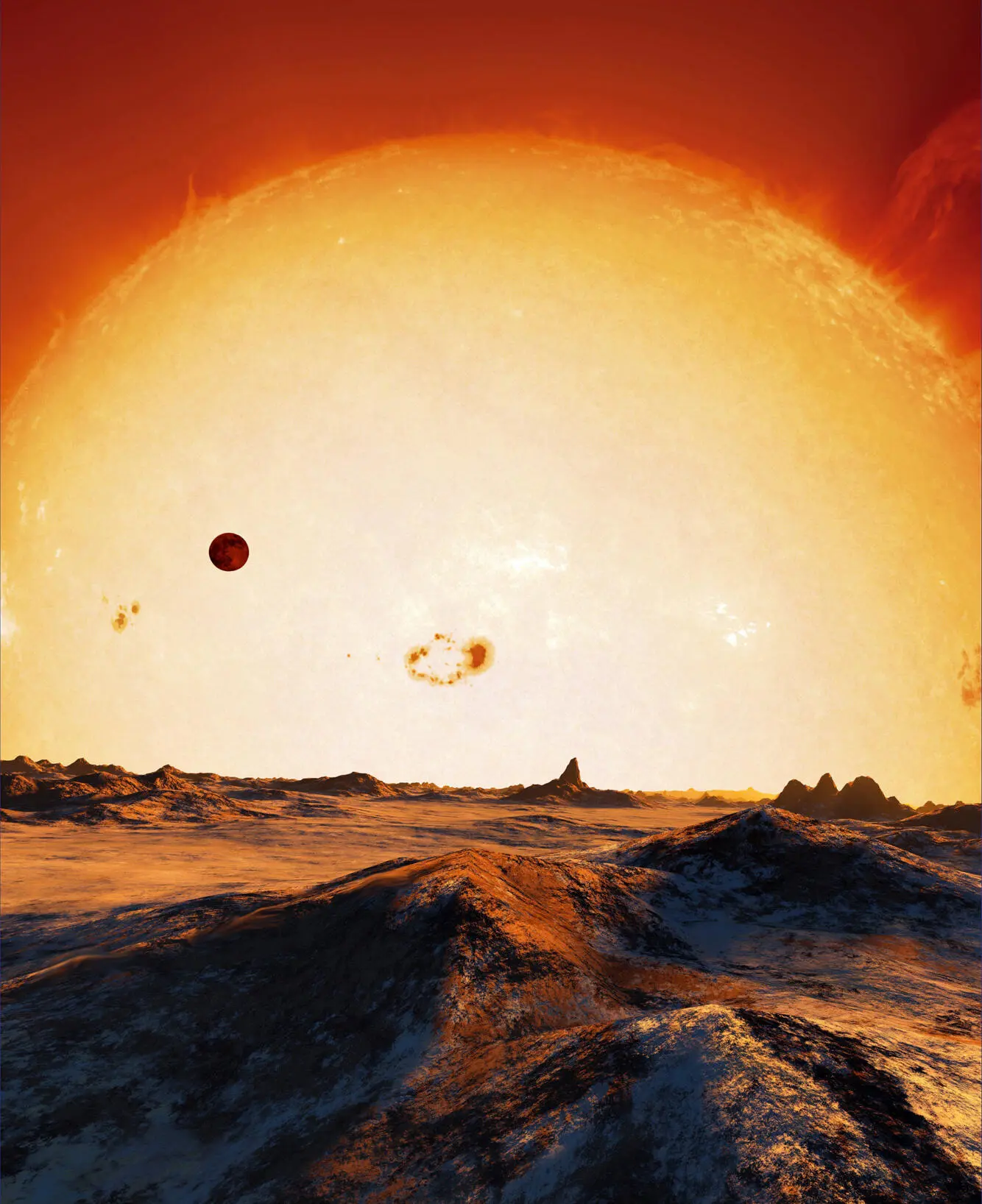
© DETLEV VAN RAVENSWAAY / SCIENCE PHOTO LIBRARY
These computer artworks show how the Earth might appear in 5–7 billion years’ time. As the Sun swells and becomes a red giant, temperatures on our planet’s surface will soar, making life untenable.
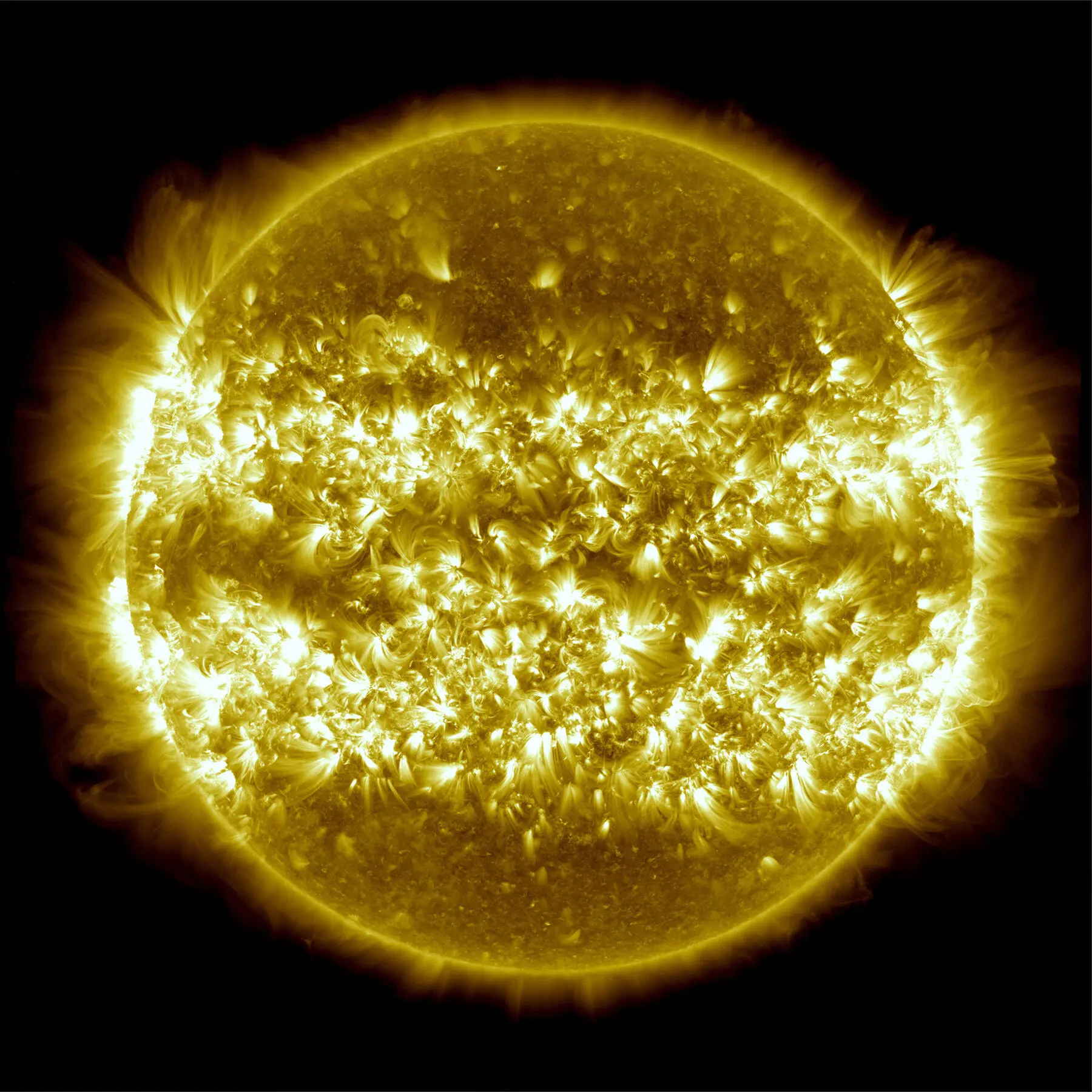
© NASA/GSFC/SDO
Our Sun is far from static, and NASA’s Solar Dynamics Observatory regularly and consistently tracks its rise to solar maximum. This composite image shows 25 shots taken between 16 April 2012 and 15 April 2013, which reveal an increase in solar activity.
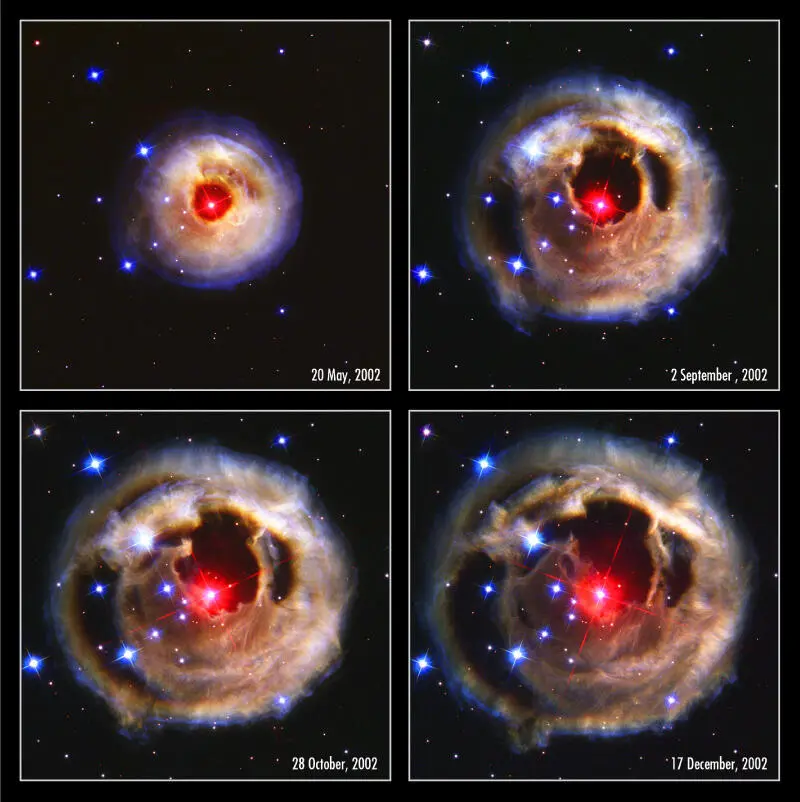
© MSFC
This series of photos, captured by the Hubble Space Telescope in 2002, demonstrates the reverberation of light through space. A burst of light from an unusual star in the constellation spreads through space and reflects off surrounding dust. During this activity, the red star at the centre brightens to more than 600,000 times the Sun’s luminosity. It will continue to expand before eventually disappearing.
Читать дальше
